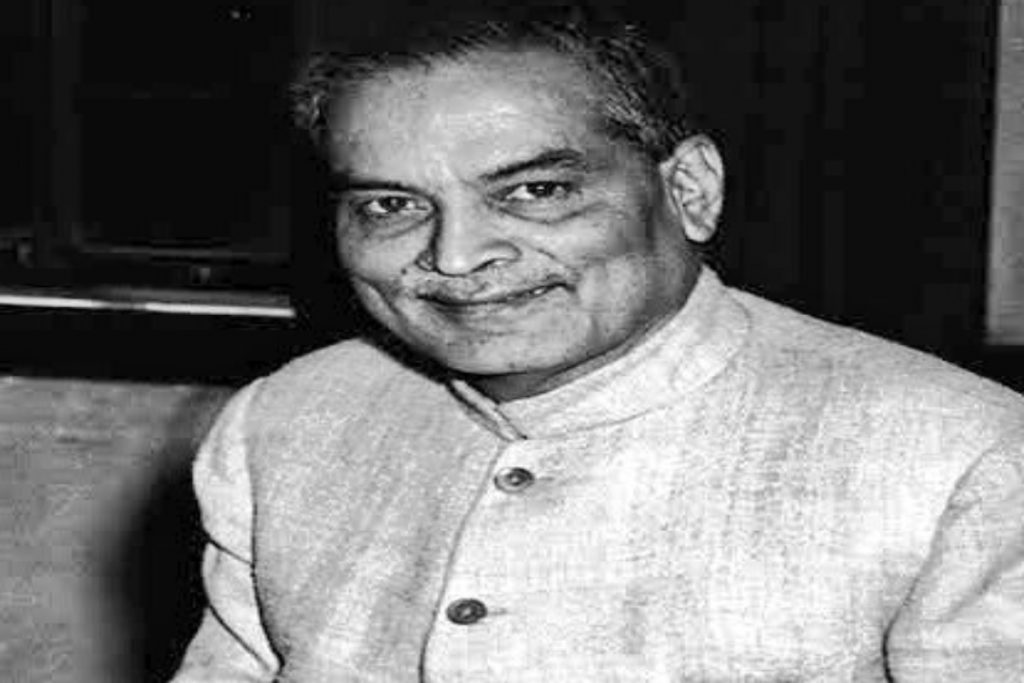New Delhi: July 1 is annually celebrated as National Doctors’ Day in India. The day is celebrated to honour Dr. Bidhan Chandra Roy who was a physician, a freedom fighter, and a social worker. He was born on July 1, 1882, and died on July 1, 1962.
Dr. Roy’s early life
Bidhan Chandra Roy was born on July 1. 1882 in Patna to Prakash Chandra Roy, an excise officer, and Aghorkamini Devi. He was raised by parents who were philanthropists and ardent Brahmo Samajists. Roy studied at Patna Collegiate School and obtained his Intermediate Arts from Presidency College, Calcutta. He received a degree in BA (H) in Mathematics from Patna College. After that, he went on to pursue his post-graduate medical studies at Calcutta Medical College in June 1901.
In 1909, he went to St Bartholomew’s Hospital in London for his further studies. However, his application was rejected by the institution which did not want to admit an Asian student. Roy went on to apply 30 times in the same institution! His application was finally accepted in May 1911. He qualified to become a member of the Royal College of Physicians and a fellow of the Royal College of Surgeons, simultaneously.
Social reformer and freedom-fighter
On returning from London, Dr. Roy became an active political figure in India. He succeeded Subhas Chandra Bose as the Mayor of Calcutta in 1931. Later on, Dr. Roy joined Mahatma Gandhi’s Civil Disobedience Movement which also led to the development of their friendship. He also became Gandhi’s trusted personal physician.
There is an incident that happened when Gandhi was undertaking a fast in Parnakutivin, Poona in 1933. Gandhi refused to take medicine as it was not made in India, and asked Dr. Roy, “Why should I take your treatment? Do you treat four hundred million of my countrymen free?” to which Dr. Roy replied, “No Gandhiji, I could not treat all patients free. But I came, not to treat Mohandas Karamchand Gandhi, but to treat ‘him’ who to me represents the four hundred million people of my country.” Gandhi finally agreed and took the medicine.
Being a follower of Brahmo Samaj he was vocal about social causes, encouraged women’s education, campaigned for the remarriage of widows, and advocated for abolishing child marriage.
Chief Minister of West Bengal
It was on Mahatma Gandhi’s advice that Dr. Bidhan Chandra Roy agreed to serve as the Chief Minister of West Bengal. He held the post for 14 years until his death. When he took charge of the state, it was torn by communal violence, shortage of food, and a massive inundation of refugees after the Partition of Bengal in 1947. Within three years of him being the Chief Minister, he re-established the law and order in the state, and also paved the way for industrial development.
Dr. Roy’s legacy
Dr. Roy established the Indian Medical Association in 1928 and the Medical Council of India in 1933. However, the Medical Council was dissolved in 2020 and was replaced by the National Medical Commission. Roy was considered one of the finest doctors India has ever had. Even at the time of his active political career, patients approached him wherever he went, and he treated most of them for free. He was also awarded the Bharat Ratna, the highest civilian award in India, in 1961.
After his demise, his house was turned into a nursing home by people. In 1976, the B.C. Roy National Award was founded in his memory, acknowledging work in areas including medicine, politics, science, philosophy and literature, and arts.

